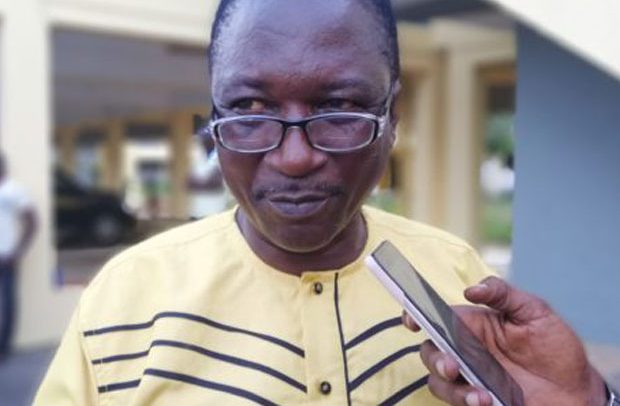Joseph Amoah
The District Chief Executive (DCE) for Shama in the Western Region, Joseph Amoah, has admitted that waste management has been the major challenge facing the assembly.
He said the cost of managing waste was huge and it was draining the resources of the assembly.
“Waste management is a very huge issue not only in the Shama assembly but also other assemblies in the country,” Mr. Amoah noted in an interview with journalists after holding a quarterly meeting with assembly members and heads of departments in the district.
He attributed the problem partly to the fact that most of the assemblies do not have the capacity and requisite technology to manage waste which had made the assemblies spend a chunk of their resources trying to manage the area.
He pointed out that a private waste management company — Waste Landfill — was in charge of evacuating refuse from the district to a disposal site, but for some time now the company had not been rendering its services because the assembly was owing the private company huge sums of money.
He said the time had come for the assembly to plan its waste management strategy again and added that in the interim they were looking for an excavator to prepare a place for the backlog of waste to be cleared.
He noted that the district assembly had embarked on measures to improve upon water and sanitation in the district, and mentioned that the assembly was improving basic education, health, security, roads and agriculture in the district.
On security, Mr. Amoah pointed out that before he became the DCE, there were lots of chieftaincy disputes in the area and that as chairman of the district’s security committee (DISEC), he had worked with other stakeholders to bring the situation under control.
“We have been able to control the disputes from escalating into violence or community disputes. But there are still some pockets of chieftaincy disputes we are still dealing with!” he added.
On education, he said the assembly had awarded scholarships to more than 300 students to pursue various courses in tertiary institutions.
“We have also built lots of CHPS compounds in some of the deprived communities in the area of health and we have connected the facilities to electricity and water,” he indicated.
From Emmanuel Opoku, Takoradi


